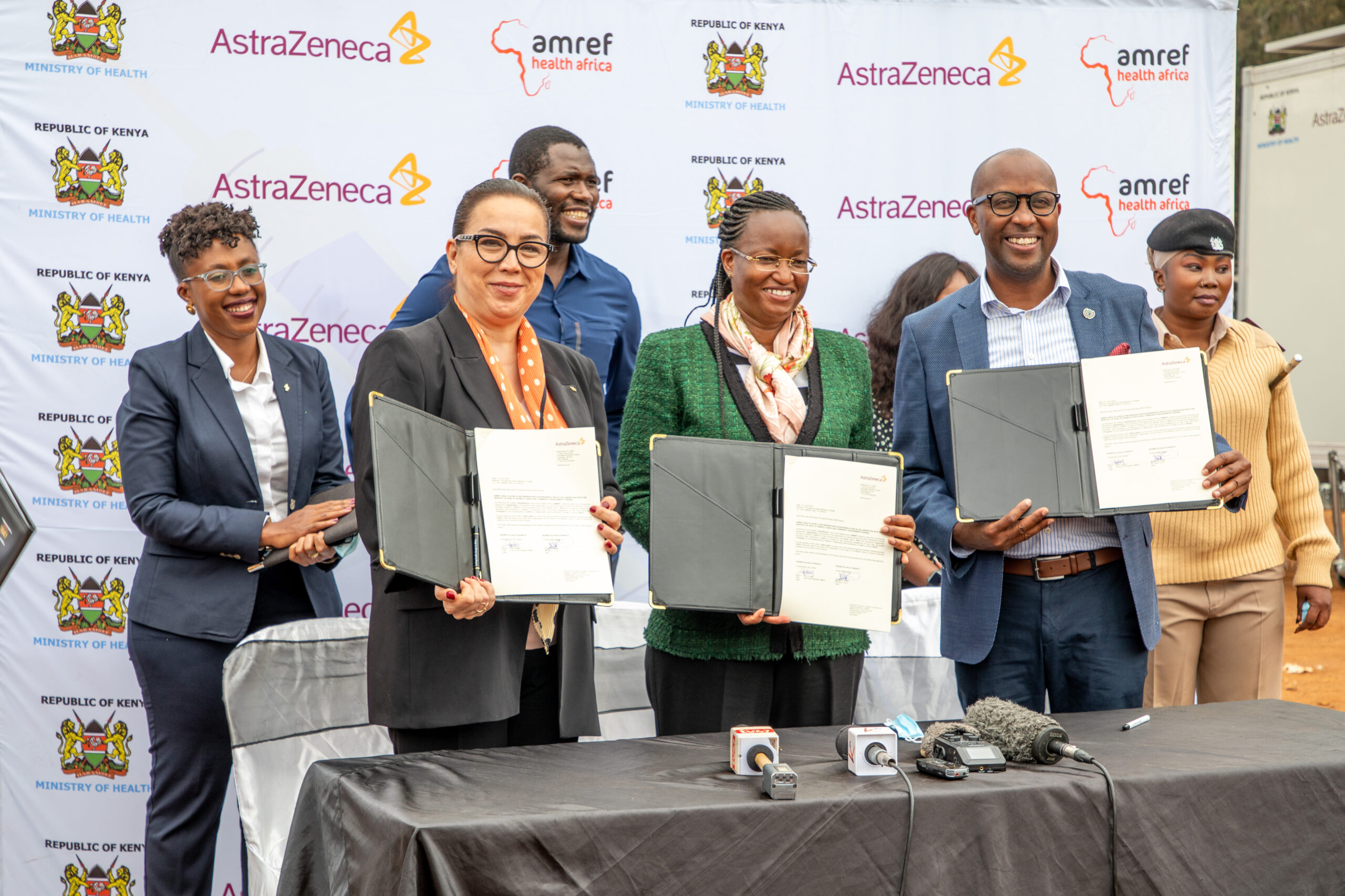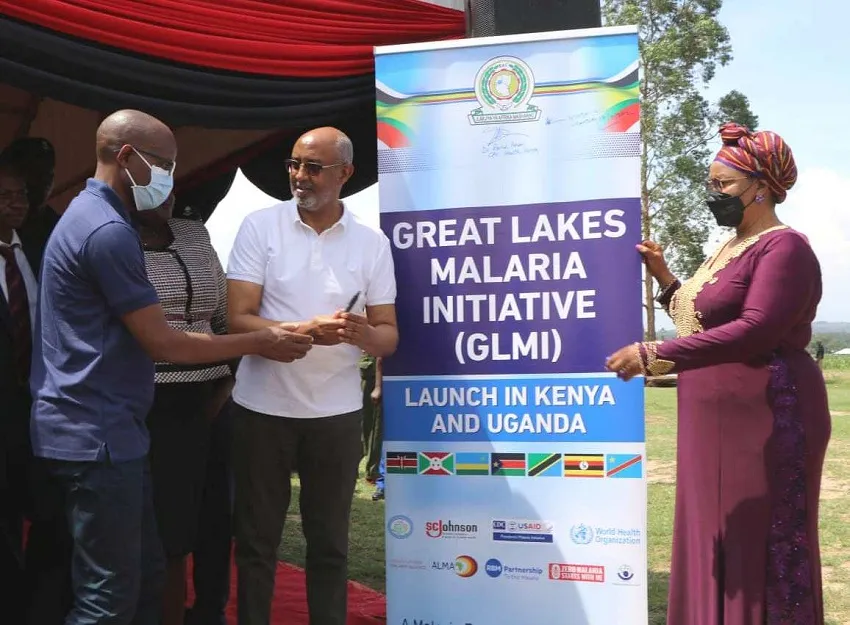Restoring Her Dignity: A Health Systems Approach to the Management of Female Genital Fistula
Tuesday, 21 May, 2019


Maternal mortality and morbidity has remained high in sub-Saharan Africa mainly due to poor access to quality reproductive health services, poverty and low education levels, lack of equity, poor road and communication infrastructure and grossly inadequate health services.
Female Genital Fistula is one of the most devastating of all pregnancy-related disabilities and mainly affects poor women in under-resourced regions. Fistula mostly occurs as a result of prolonged obstructed labour coupled with lack of skilled medical care, and usually leads to permanent incontinence – a continuous leakage of urine and/or stool and loss of control of bowel movements.
Patients with fistula face several medical problems such as infertility, foot drop, recurrent urinary tract infections and the formation of bladder stones. The social problems they encounter are even more devastating; most of the mothers with obstructed labour die during childbirth, and the few that survive are left with a terrible injury and a stillborn (the baby usually dies). The families, spouses and communities consider the victim an outcast due to the dribbling of urine, wetting of clothes and bed and accompanying offensive smell. Affected women are often abandoned by their husbands and ostracized by their families and communities.
Although fistula has been eliminated in industrialised countries, it continues to afflict the most impoverished women and girls in the developing world, mainly those in rural and remote areas.
In Kenya, it is estimated that for every 1,000 births, two women get fistula resulting in 2,400 new cases each year. The current capacity to provide fistula repair services is less than 50% of the new cases each year. Kenya is in dire need of medical personnel trained in FGF prevention, care, and treatment.
Fistula is almost entirely preventable when there is universal access to quality sexual and reproductive health care. In 2003, the UNFPA and partners launched the Campaign to End Fistula with the goal of making the condition as rare in developing countries as in the industrialised world. The campaign has drawn the attention of policymakers, health professionals, affected communities and individuals, as well as the general public, to the issue of FGF. Occurrence of fistula is a sign of neglect at the time of delivery and is a violation of the rights of affected women.
Eliminating fistula as a global health problem necessitates scaling up country capacity to provide access to comprehensive emergency obstetric care, treat fistula cases, and address underlying medical, socioeconomic, cultural and human rights determinants.
Since its inception in 1999, the Amref Health Africa Fistula programme has been involved in large scale surgical interventions targeting women and girls with fistula. The programme, which aims to train doctors, nurses and midwives in fistula awareness creation, prevention, surgical repair and post-operative care, has seen the demand for operations increase tenfold. To cope with this increasing demand, the programme carries out operations on more than 500 women and girls annually.
However, despite remarkable achievements, thousands of women and girls continue to live with the pain, stigma and shame of fistula. Ending fistula will require political will, additional resources and strengthened collaboration between governments, partners and civil society. As a global partner of the Campaign to End Fistula, Amref Health Africa is committed in fulfilling its responsibility through both advocacy and practice. With the vision of “Lasting health change in Africa” we seek to have communities empowered with the knowledge, skills and means to maintain their good health and break the vicious cycle of poor health and poverty.
Greater and lasting impact to end fistula will only be achieved through promoting a health systems approach to fistula management. To achieve this, it is critical to scale up integrated prevention interventions through increase in utilisation and access to quality emergency obstetric care, community education and sensitisation to advocate for women’s health and rights to access care as needed and reintegration of fistula champions back into the society.
Using the health systems strengthening approach, Amref Health Africa in Kenya is looking to improve health care financing by providing a three year health insurance cover to fistula clients and their households. By creating a centre of excellence for fistula management, Amref will look into strengthening health facilities to offer comprehensive reproductive, maternal, new born and child health services with a focus on the management of fistula. Amref will at the same time seek to support the social reintegration of fistula champions by engaging them in income-generating activities.
Let us adopt the health systems strengthening approach to restore the dignity of women and girls living with fistula. This will go a long way towards upholding their right to health.








Comments